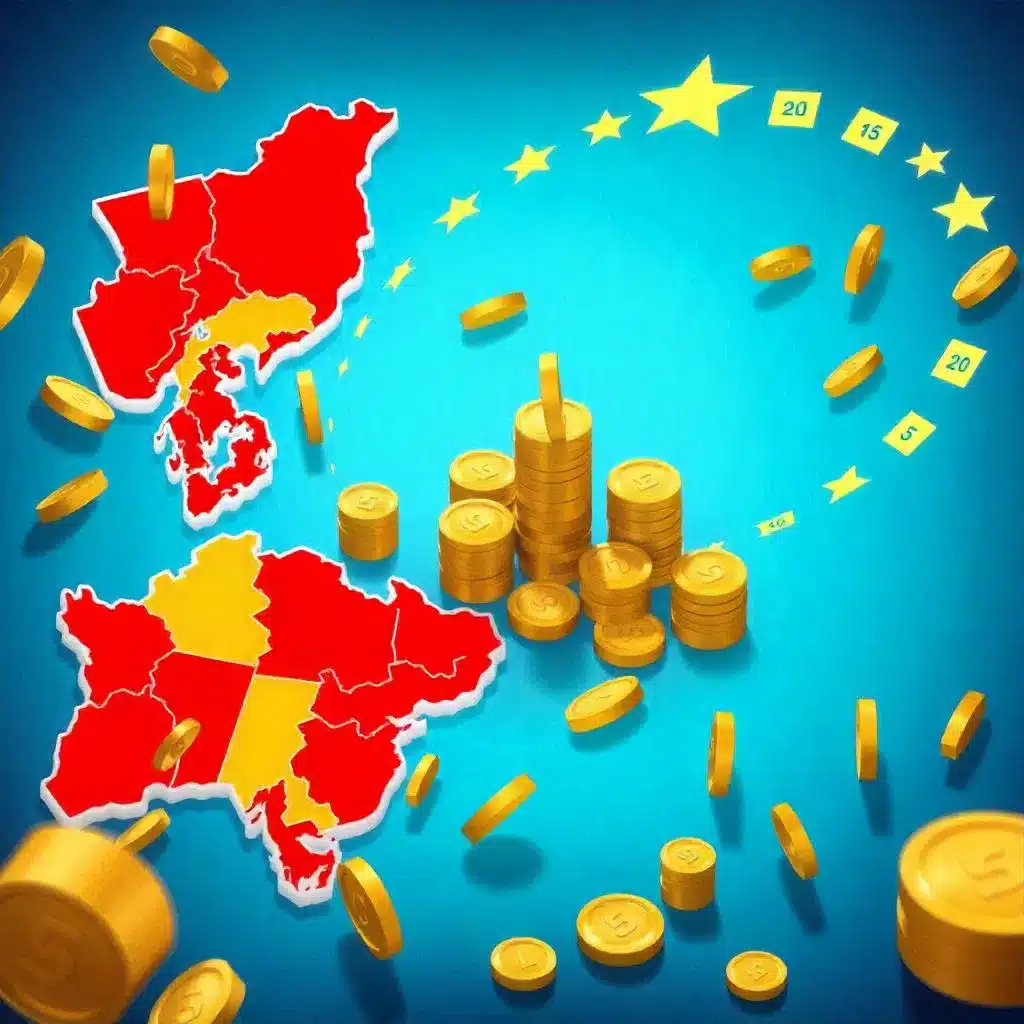Table of Contents
Winning money at an online casino is exciting—but depending on where you live, you might owe taxes on those winnings. Some countries treat gambling income as tax-free, while others require players to report and pay taxes on every dollar or euro earned. The rules vary widely from country to country, and knowing the law can save you from unexpected surprises.
In this guide, we’ll take a closer look at how different countries handle taxes on online casino winnings, so you know what to expect no matter where you’re playing.
Why Online Casino Taxes Matter
Online gambling is a legal gray area in many places, and taxation is often unclear. Some countries tax the casino operators, not the players. Others expect individuals to declare their winnings as part of their annual income. And in some regions, it depends on whether the casino is locally licensed or based offshore.
Understanding these rules is essential for avoiding fines and staying compliant with local laws.
United States
In the U.S., gambling winnings are fully taxable, whether earned in person or online. This includes prizes from poker, slots, sports betting, and lotteries.
- Winnings are considered income and must be reported on your federal tax return.
- Online casinos may issue a Form W-2G if you win a significant amount.
- Losses can be deducted—but only if you itemize deductions and only up to the amount you’ve won.
Some states also impose their own taxes on gambling winnings, making it even more complex.
Canada
Canada treats most gambling winnings as tax-free for players. The Canada Revenue Agency does not consider gambling income as taxable unless it’s part of a business.
- Professional gamblers—those who rely on gambling as a full-time income—may be taxed.
- Casual players do not need to report winnings from online casinos, whether domestic or international, especially when playing on trusted gambling sites that prioritize user privacy and compliance.
Still, it’s important to check with a local tax advisor if you gamble frequently or earn large amounts.
United Kingdom
The UK is one of the most player-friendly countries when it comes to gambling taxes.
- Players do not pay tax on gambling winnings, online or offline.
- The tax burden falls entirely on the casino or betting operator.
- It does not matter whether the platform is UK-based or offshore—as long as it’s licensed by the UK Gambling Commission.
This clear and simple system is one of the reasons online gambling is so popular in the UK.
Germany
Germany recently overhauled its online gambling laws with the introduction of the Interstate Treaty on Gambling 2021.
- Winnings from licensed operators are usually tax-free for players.
- Casinos themselves pay a 3% tax on stakes.
- If a player uses unlicensed or offshore platforms, tax consequences may differ, and legal risks increase.
For high-stakes players, it’s best to stick to licensed platforms to avoid complications.
Australia
In Australia, gambling winnings are not taxed for recreational players.
- The Australian Taxation Office considers gambling a hobby, not a profession.
- Only professional gamblers—a rare designation—might be subject to taxes.
- This applies to both online and in-person gambling.
Operators, however, do pay taxes and licensing fees depending on the region they’re based in.
France
France has a slightly more complex system.
- Winnings from licensed casinos are generally not taxed for individual players.
- However, professional poker players and gamblers who are seen as operating a business may be taxed.
- The operator pays most of the tax through licensing fees and revenue taxes.
France also distinguishes between games of skill (like poker) and games of chance (like slots), which can affect the tax status.
Italy
In Italy, gambling winnings from licensed sites are not taxed for players.
- The tax burden is placed on operators, who pay a percentage of revenue to the government.
- If you win money from a foreign or unlicensed site, different tax rules may apply.
It’s important to stick with ADM-licensed casinos (Italy’s gambling authority) to avoid tax-related issues.
India
Gambling laws in India are handled at the state level, and online gambling exists in a legal gray area.
- Winnings are considered taxable income under Indian tax laws.
- A 30% flat tax is generally applied to gambling winnings, with no exemption.
- Some platforms may deduct this tax at source, but players are responsible for reporting it.
As online gambling grows in India, enforcement is expected to tighten in the coming years.
Japan
Gambling in Japan is heavily regulated, and most forms of online gambling are technically illegal—though many players still use offshore sites.
- Winnings from online gambling are considered “miscellaneous income” and are taxable.
- Players must report earnings and pay applicable income tax rates.
While enforcement may be inconsistent, the legal obligation remains for residents.
Final Thoughts
As online gambling continues to expand across the globe, understanding the tax implications of your winnings is more important than ever. Whether you’re a casual player or a regular high-roller, the rules differ dramatically based on your country of residence.
Some nations make it easy—like the UK and Canada, where players aren’t taxed at all. Others, like the U.S. and India, require strict reporting and significant tax payments. And in many regions, the law depends on where the casino is based and whether it holds a local license.
If you’re unsure about the rules in your country, speak with a local tax advisor. Staying informed helps you enjoy your winnings without worrying about what might be waiting for you at tax time.


